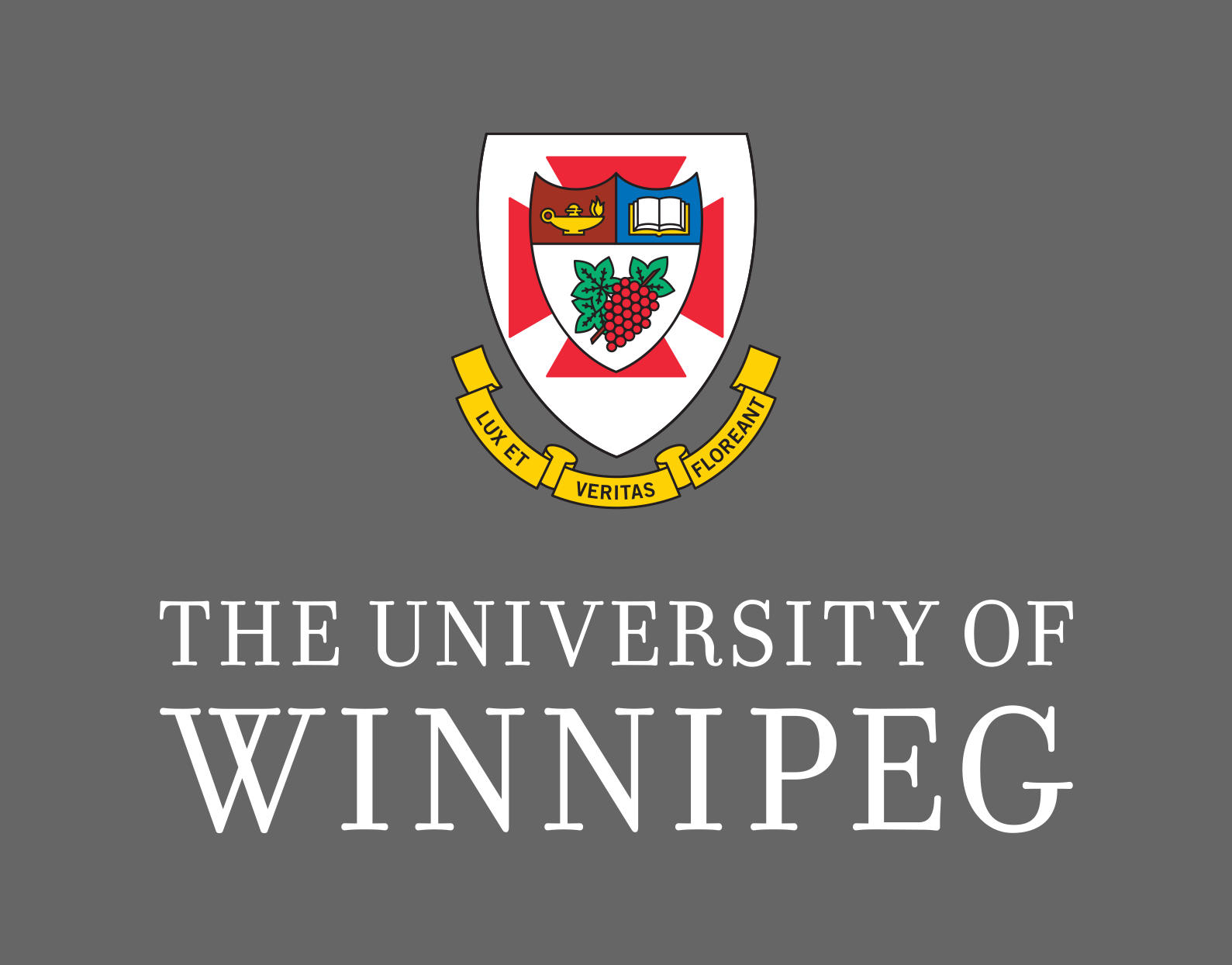
BSc in Bioanthropology
University of Winnipeg, Winnipeg


University of Winnipeg, Winnipeg

BSc in Bioanthropology
University of Winnipeg, Winnipeg
Degree
Undergraduate
Duration
36
Course Type
With Co-op
Co-op education gives you real-world experience in a job related to your studies.
INR
12.39L
USD 14579
1st Year Tuition Fees
Opening Soon
Opening Soon
Opening Soon
CAD 120